Last month to shop K-Beauty on STYLE STORY. We’re moving to K-Beauty consultancy. Details
Menu
Microbiome and Probiotic Skincare in Korean Beauty
September 22, 2022

Microbiome and Probiotic Skincare in Korean Beauty
Episode Description
On this episode we're delving into the world of microbiome and probiotic skincare in Korean Beauty. From the roots of the trend in kimchi and Yakult to the explosion since 2017, we're deep diving on the difference between pre, pro and post "biotics". Tune in to learn more about their impact on the skin's biome. Plus, a roundup of some of the best K-Beauty microbiome products in 2022.
CONNECT WITH ME
- My Instagram: www.instagram.com/lauren.kbeauty
- Shop Kbeauty: www.stylestory.com.au
- Style Story’s Instagram: www.instagram.com/stylestory_kbeauty
- Jelly Ko’s Instagram: www.instagram.com/jellyko_official
- Facebook: www.facebook.com/stylestory.au
- Website: www.thekoreanbeautyshow.com
- Pinterest: https://www.pinterest.com.au/stylestoryau
Episode Summary
Whether it's getting your probiotic fix in your morning via your yoghurt, yakult or even kombucha, probiotics have a long history in the wellness industry. These days, however, you'll find them in all sorts of beauty products, from serums to moisturisers, essences and more.
So what's the deal with microbiome and probiotic skincare? And why is it so popular in Kbeauty? Let's take a look.
Size of the Microbiome and Probiotic Skincare Market
Report Ocean has reported that the global microbiome cosmetic products market size grew to US$ 38.1 million in 2021. It is expected to grow to US$ 62.1 million by 2030. This would amount to a compound annual growth rate (CAGR) of 7.6% from 2022 to 2030. So it's safe to say that microbiome skincare is big business.
Microbiome Skin Care
What exactly is the skin's microbiome?
Much like when it comes to gut bacteria and health, our skin is also constantly interacting with the environment. It protects us from infection, sun damage and also influences our skin's immunity.
Having a healthy skin microbiome is important because it helps fight bad bacteria and protect our skin from stressors. It also protects us against skin conditions like dermatitis and rosacea, as well as flare-ups and inflammation etc.
However, the key to understand biome health is understanding the three primary Biotics; pre, pro and post-biotics.
- Firstly, prebiotics are foods that the natural flora on our skin consumes
- Secondly, probiotics are the optimal strains of living bacteria that balance out our natural flora;
- Finally, postbiotics are the outputs or leftovers from probiotics

What Are Prebiotics?
Put simply, prebiotics are food sources for probiotics. They include fiber and certain sugars. In skincare, this will include ingredients like plant sugars, xylitol, oligosaccharides, fructooligosaccharides, and polysaccharides. "Saccharides" is the skincare equivalent of "sugar.
When it comes to skincare, prebiotics can play an essential role in building stronger skin.
What are Probiotics?
Arguably the most well-known of the three, probiotics are live, active bacteria. Each strain has a different function. Traditionally, probiotics have been associated with gut health, where they're often talked about in terms of reducing stomach cramps and bloating etc.
In 2022, probiotics are one of the highest selling supplements in Korea. To hear more about supplements in Kbeauty tune into this episode of the podcast. The reasons for this are varied but in essence, Korean consumers are increasingly more scientifically aware and are demanding a healthier lifestyle. They take a range of supplements but see probiotics as more effective than vitamins.
Companies are also interested in making and marketing them because they have higher profit margins than traditional vitamin supplements.
After the gut, the second largest microbiome in the human body is the skin. It was therefore an easy jump for Korean companies to focus on the skin's microbiome health in addition to that of the gut.


Benefits of Probiotics in Skincare
When it comes to the benefits of probiotic skincare, the idea is to maintain your skin's barrier health. Microbiome balance is important for this because it can help with skin concerns like:
- Aging and environmental factors;
- Optimising your skin’s natural pH levels;
- Calming irritated and red skin;
- Locking in moisture.
Probiotic skincare is therefore great for all skin types and has been especially popular throughout the pandemic in Korea because of the various skin issues associated with mask-wearing.
What Are Probiotic Ingredients?
You'll often hear ingredients like ferments and lysates described as "probiotics". These include popular Korean Beauty ingredients like Bifidus Ferment or Saccharomyces Lysate. However, because these bacteria are no longer alive, they are more accurately described as post-biotics, i.e. the by-product of probiotics.
Why don't cosmetics contain active or live bacteria?
Because they are less safe and stable. Live bacteria are less predictable and therefore pose a greater risk of contamination, meaning they are not a popular ingredient choice for most companies.

Postbiotics
That brings us to the third main type of Biotic; post-biotics. These are the by-products or leftovers of probiotic bacteria. They have either been fermented or gone through lysation (hence, they are referred to as a "Lysate").
However, postbiotics work in a similar way to pre- and pro-biotics in the sense that they support the good bacteria living on our skin’s surface. They can include things like enzymes, peptides and organic acids.
In reality, these are the key category of ingredient you will find in most skincare products even if they are referred to as "probiotics".
Best Microbiome and Probiotic Skincare in Korean Beauty
Korean skincare has had a love affair with probiotics for years. After all, this is the country that invented Kimchi!
When you come to Seoul you'll see ladies riding carts selling yakult on most major streets.
Similarly, in 2022, one of the biggest Korean food trends is Greek yoghurt. There are greek yoghurt shops popping up all over the country and people making their own Greek yogurt to sell online as well.
When it comes to probiotic skincare however, the trend really started to emerge in around 2017. Some brands like AmorePacific had been studying micro-organisms since as far back as 1997.
In terms of the mainstream though, keyword trends around probiotic themes like yoghurt increased significantly for the first time around 2017 to 2018.
It's not hard to see why Koreans took to probiotic skincare so quickly; many Koreans believe in the link between inner and outer health. Some even believe that the skin, brain, and intestines are connected to each other. Experimental studies also show that people with inflammatory bowel disease are highly likely to develop inflammatory skin diseases.
Some of our favourite microbiome K-Beauty products include:
Dr Jart Vital Hydra Solution Biome Water Cream
Infused with Jartbiome™ Probiotic complex, it also contains humectants. It has a a light and cool texture, which makes it perfect to use year round.

Laneige Water Sleeping Mask
In order to jump onto the trend of microbiome cosmetics, Korean Beauty brand Laneige updated their iconic Water Sleeping Mask to feature a probiotics complex.

Missha Time Revolution First Treatment Essence RX
This cult K-Beauty staple contains Cica Yeast Ferment Extract for soothing, smoothing, oil balancing, moisturising, firming and anti-ageing benefits.
Missha Time Revolution Night Repair Ampoule
Contains 10 types of Lactobacillus with different effects. They enhance moisture levels and elasticity by providing energy to problematic skin areas. These work to improve skin’s basic strength, density, moisture, balance, skin tone and elasticity. They use a “cool warm double fermentation” method for the product.
Benton Fermentation Eye Cream
Packed full of skin-friendly fermented ingredients and ceramides, this cream gently cares for the delicate under-eye skin while also realising anti-aging benefits.
Innisfree Green Tea Sleeping Mask
Combining Jeju Green Tea with lactobacillus ferment lysate, this overnight mask delivers a boost of anti-oxidants so that you’ll wake up to dewy, well-hydrated skin.

Neogen’s Micro Ferment line
The line includes a toner, essence and serum containing:
- Bifida Ferment Lysate, ideal for all skin types because it hydrates the skin.
- Saccharomyces Ferment Filtrate, which is great for dull, dry skin because it hydrates skin and helps balance uneven skin tone.
- Rice Ferment Filtrate, which is an anti aging ingredient because it provides moisturising and brightening benefits.
- Aspergillus Ferment, which can help improve the effects of ageing and acne-prone skin.

One Thing Galactomyces Ferment Filtrate Toner
- One of the most popular products in Korea at the moment because it is packed with galactomyces. You might recognise it as the star ingredient behind SKII's pricey First Treatment Essence.
- Not only does it brighten skin, it also reduces the signs of aging and strengthens your barrier.
- If you're an animal lover you will love this because it is 100% vegan, and cruelty free.
- The formula is free from fragrance and essential oils, which means people with allergies can use it.
TOCOBO Bifida Biome Essence
Packed with high content probiotics to help strengthen your skin barrier, boost hydration and enhance skin elasticity.
The formula combines three major probiotics (bifida, lactobacillus, and lactococcus).
One Thing Bifida Ferment Lysate Toner
Contains minimal ingredients and is packed with biotics. It not only strengthens your skin's barrier, it also helps with elasticity.
Secret Key Starting Treatment line
Made on a base of galactomyces ferment filtrate.
Final Verdict on Microbiome and Probiotic Skincare in Korean Beauty
The skincare products you use on your skin will have an effect on its microbiome whether they are probiotic or not. Even using a moisturiser will protect your skin's biome and barrier health.
Most of the ingredients currently being touted as "pro" biotics are actually post-biotics because they are ferments and lysates. These are the by-products of probiotics, which are more particularly post-biotic. However, when it comes to the field of post-biotics it is not as well studied or understood as probiotics, meaning more research is needed.
STYLE STORY - Your Go To for Kbeauty Since 2014
All products recommended on the Korean Beauty Show podcast are personally selected by us. Some of our Show Notes include affiliate links. If you buy something through one of these links we may earn an affiliate commission. This helps offset the costs associated with producing the podcast.
Shop Now
"When it comes to the benefits of probiotic skincare, the idea is to maintain your skin's barrier health."
Lauren Lee, Host of the Korean Beauty Show podcast
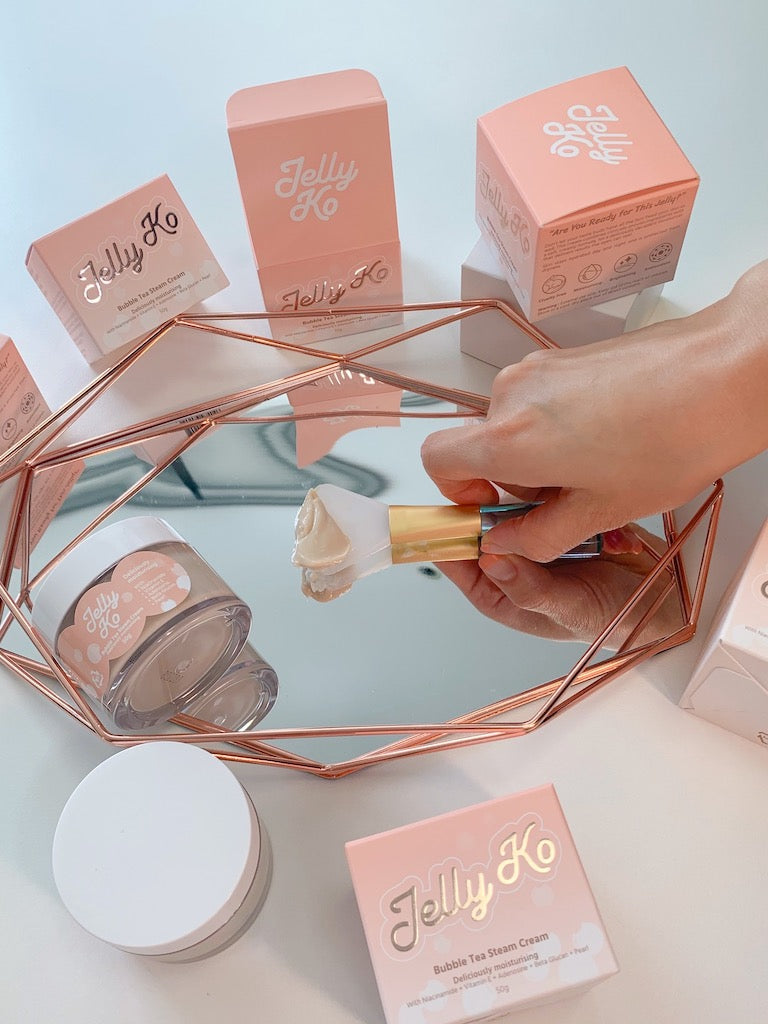
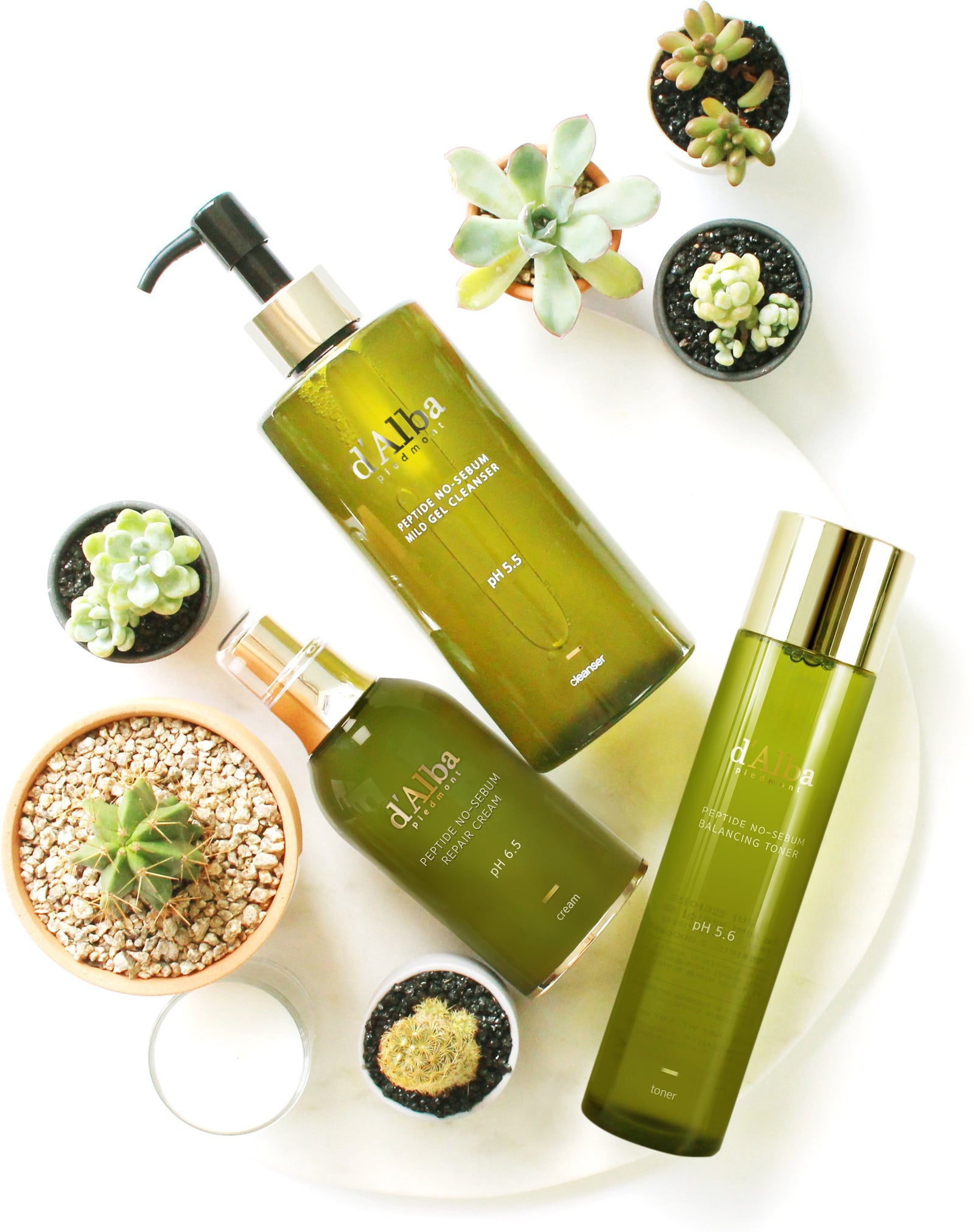
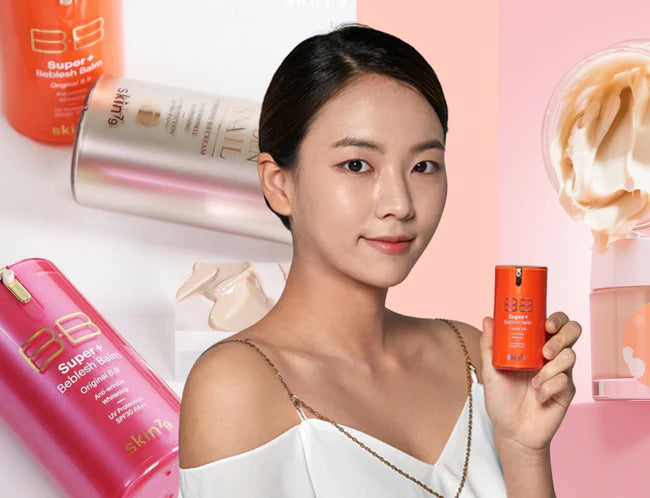
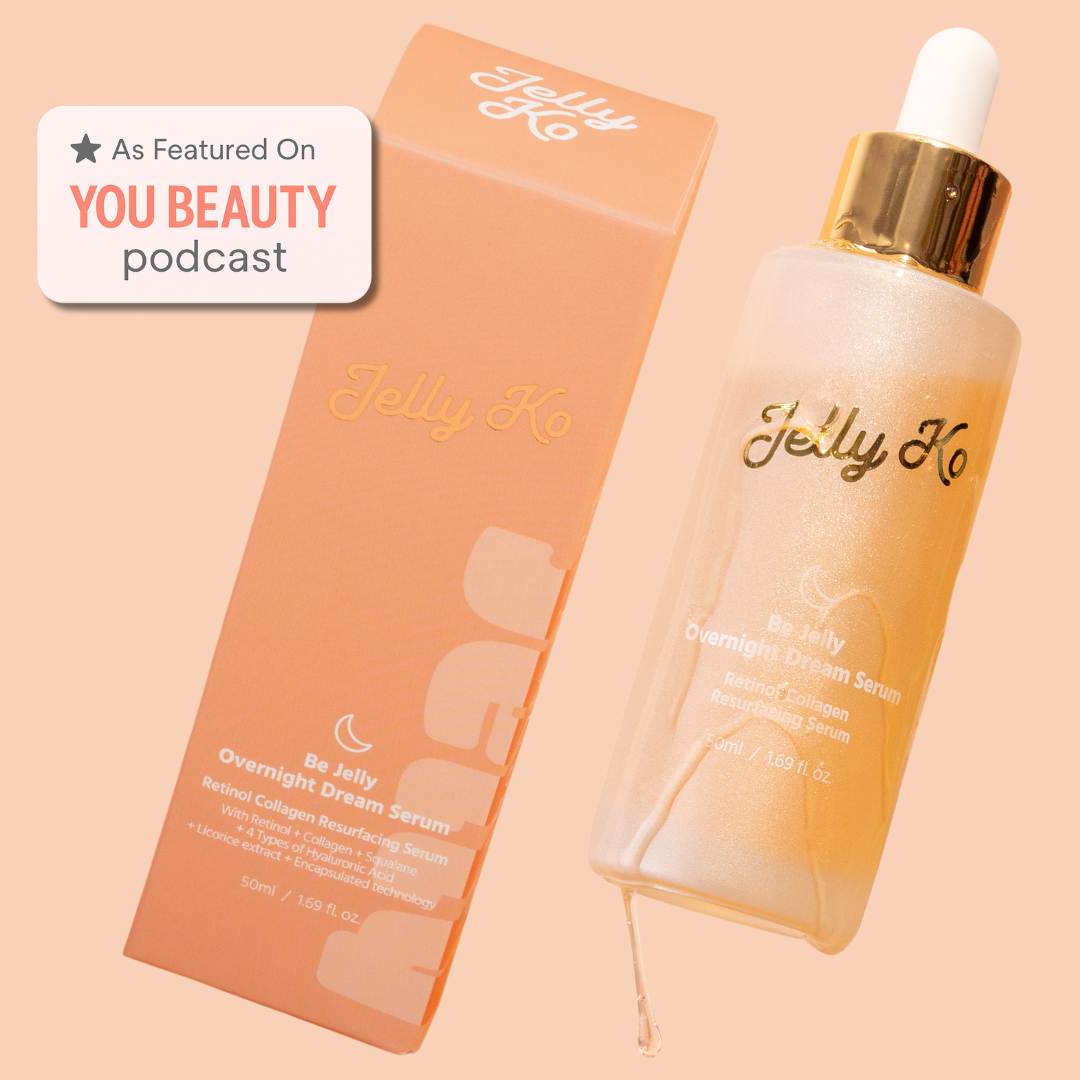
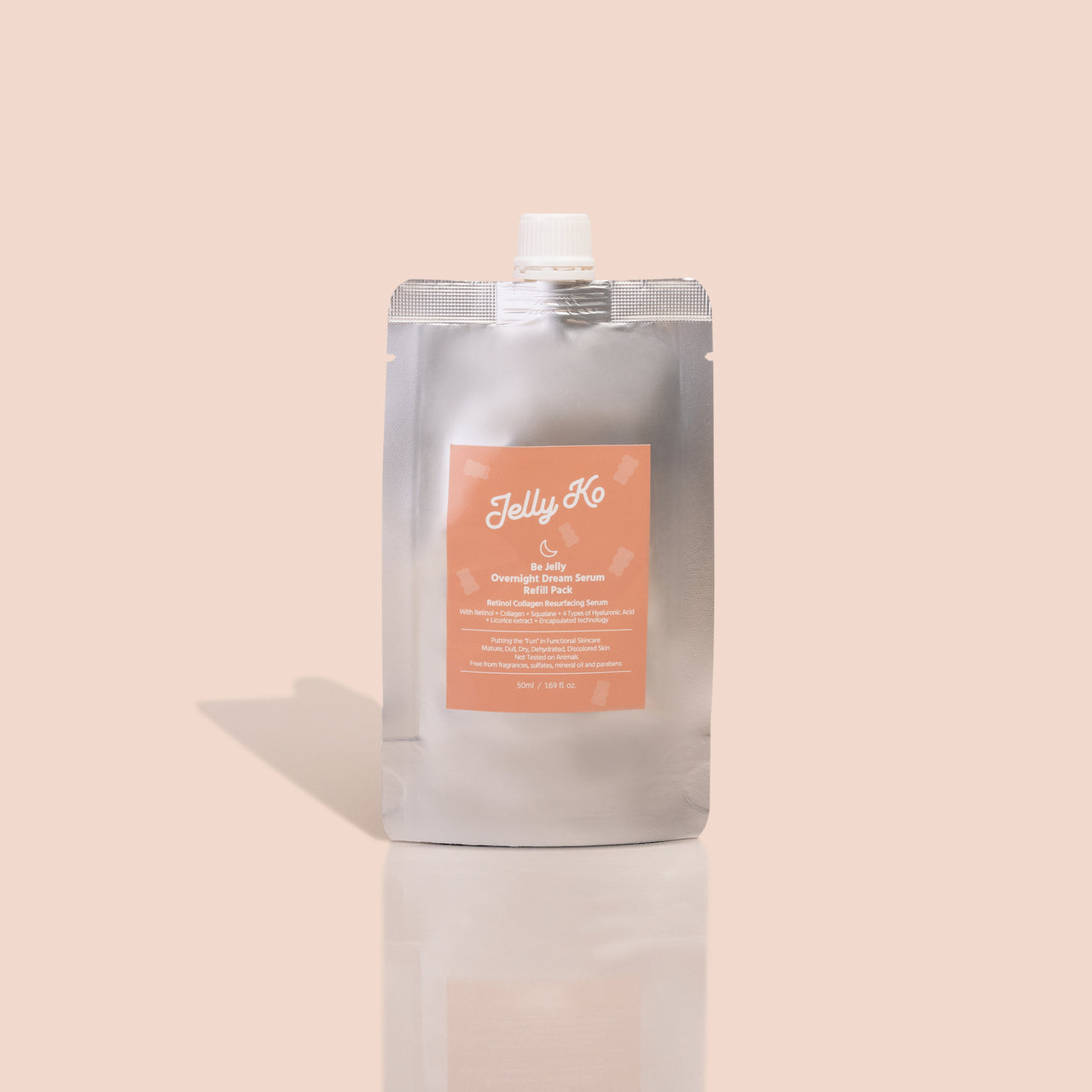
Leave a comment
Comments will be approved before showing up.